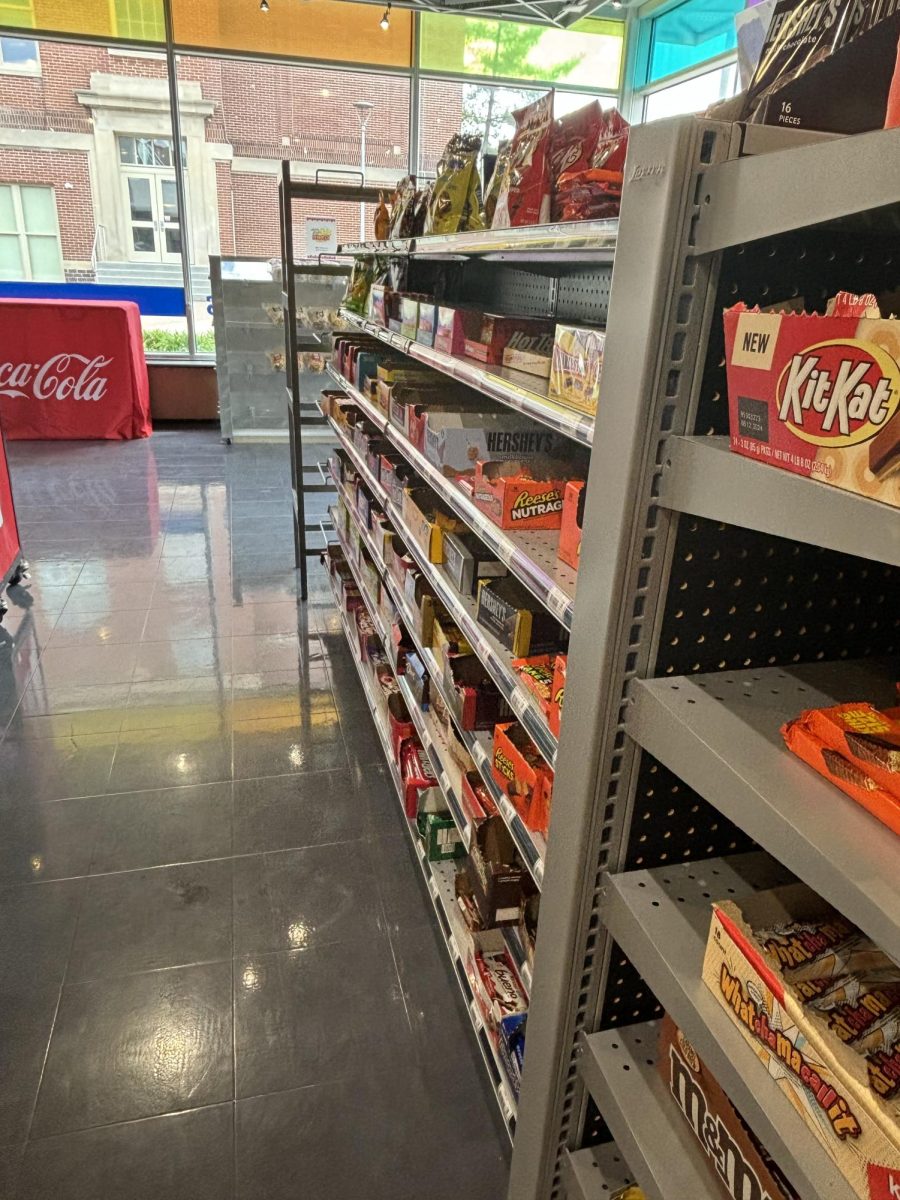Cedar Falls recently adopted an ordiance that would limit occupancy of existing rental properties from four persons to as few as two. This action appears to target students who seek off-campus housing in their upper years.
Cedar Falls City Council is strongly rumored to have a history of passing local mandate to benefit a few particular constituents. Though it is not clear in this case, aesthetics seems to be at the root of this ordinance.
This ordinance is the Socialist Republic of Cedar Falls’ way of quietly implementing a policy that will round up students (eloquently defined as “unrelated persons”), make it virtually impossible for them to afford housing (same rent costs divided by 2-3 instead of 4) and politely send them back from where they came; the Ghetto in the Sky, affectionately known as Bender and Dancer.
All dramatization aside, in a community propped up by the cash flow students bring in nine to 12 months of the year, it seems inexplicable that such legislation passes even within the confines of basic logic.
To understand this policy we must analyze: Who seeks to gain from this? And at the expense of whom? Landlords certainly do not want to watch their market for potential renters to shrink. Realtors do not want an already depressed housing market restricted even further by discouraging the resale of properties that could have once been used as homes for unrelated persons *cough cough* students. Local businesses want disposable income to flow towards them, not to pay for the increased costs to renters. It would appear those who seek to gain do so for reasons of aesthetics and keeping out those undesired mixed family households instead of sound economic reasoning.
Students in attendance at the meetings noted they were painted in a negative way unrepresentative of the reality: a majority of college students live in peace among their single-family neighbors.
This ordinance is an extension of an earlier moratorium on single family houses being converted into multi-unit residences that went into effect in August and has already depressed the market for home sales in Cedar Falls. Cited in its fine print: resolution number 19,183 seeks also to “protect the neighborhood character from further decline” by the very existence of college students living there.
So what does this mean for us as students and members of the community impacted?
Our options have just gone from reasonable to seemingly devastating.
The debate of on- versus off-campus housing is one for further discussion. However, it goes without saying that despite the direct support of it, the DOR does seek to gain in some way from this legislation through an increased demand for student housing to fill expensive on-campus apartments. The ordinance would also serve to stuff the dorms full of people otherwise unwilling to spend upwards of two to five times as much for a shared 16’x16’ room as they otherwise would for an off-campus place complete with kitchen, close parking, presidential-quality Wi-Fi and the freedom to be a bit louder between the hours of 10 p.m and 8 a.m.
I was faced with the decision that so many of my classmates face: which would save me more money?
For me, the decision was simple. Can I make meals for less than the dining centers’ charge? Yes. Is it cheaper for me to rent, (even through the summer) than live in the dorms during the year? Yes. Is it more flexible for my needs? Yes. Was it right for me? Yes.
Cedar Falls has, by passing this ordinance, restricted a system that worked for the economic benefit of many, in sake of the pleasurable aesthetics of a few.
A few main considerations deserve attention.
Firstly, The Socialist Republic of Cedar Falls has also not taken into reasonable account the externalities of increasing student renters’ main expense (as much as 2x), and what that does to an economy whose many locally-owned businesses thrive on the discretionary incomes that students pour into them. It would appear that this council wants the money that students bring to our town, but not the burden of seeing us around town spending it.
The impact that such regulations have on students, especially upperclassman, is disproportionate to the grievances that were considered for its implementation.
Secondly, cornering students back into dorm living as a next-best alternative to affording off-campus housing might have many negative impacts that likely have not yet been considered.
There is the possibility of exposing underclassmen to lifestyle choices they otherwise may not have been so directly exposed to, had on-campus housing remained a faction of primarily underclassmen.
Finally, the aesthetics of empty rentals that would otherwise be filled is counterintuitive to the policy’s goals of maintaining a pretty living environment for families in a college town.
To its merit, the proposal seeks to aid Cedar Falls’ parking situation that I’m sure we can all agree is a nightmare worthy of discussion. However, the provision as it circles back to the “unrelated persons” caveat discriminates against teams of students living in single-family residences. Who’s to say a family of four or more renting a home doesn’t have four-plus cars clogging up the street’s available spaces? Landlords would also have to undergo the capital expenditure of investing in off-street parking in some cases, should they chose to rent to unrelated persons, depending on the size of the lot.
Certainly, students should get involved in its repeal, scheduled in the next few months.
Despite our own discriminatory treatment, we should also focus on the big picture and the long term consequences of our impact on the community we live in and love. If you’re anything like me, then Cedar Falls has become a “home away from home” the last four years. Watching the way in which community organizers treat the students that make up the economic and social backbone of this community is disheartening, to say the least.
We should stress the lack of attention to the disparity between unintended macroeconomic consequences, and the disgruntlement of a few neighbors begrudgingly regretting their decisions to buy houses so close to campus after a few too many keggers over the years.






